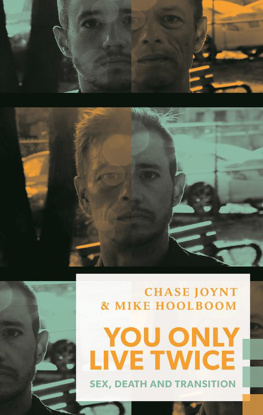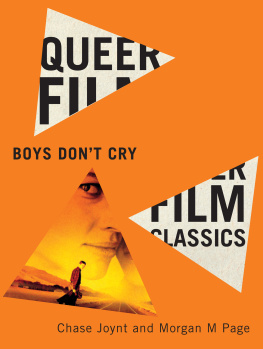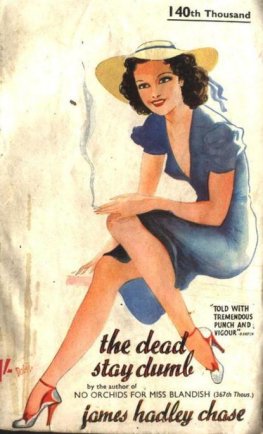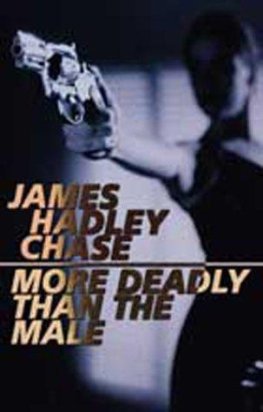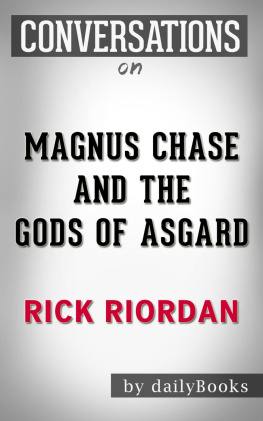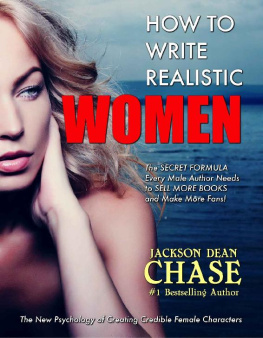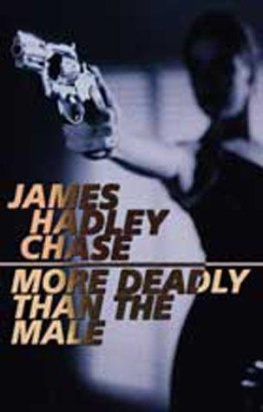Contents
Guide

CHASE JOYNT & MIKE HOOLBOOM
YOU ONLY LIVE TWICE
SEX, DEATH AND TRANSITION
COACH HOUSE BOOKS, TORONTO
copyright Chase Joynt and Mike Hoolboom, 2016
first edition

Published with the generous assistance of the Canada Council for the Arts and the Ontario Arts Council. Coach House Books also gratefully acknowledges the support of the Government of Canada through the Canada Book Fund and the Government of Ontario through the Ontario Book Publishing Tax Credit.
LIBRARY AND ARCHIVES CANADA CATALOGUING IN PUBLICATION
Joynt, Chase, 1981-, author
You only live twice : sex, death and transition / Chase Joynt and Mike Hoolboom.
ISBN 978-1-55245-331-5 (paperback).
1. Marker, Chris, 1921-2012--Criticism and interpretation. 2. Joynt, Chase, 1981-. 3. Hoolboom, Michael. 4. Transgender people--Canada--Biography. 5. HIV-positive persons--Canada--Biography. I. Hoolboom, Michael, author II. Title.
PN1998.3.M366J69 2016 791.430233092 C2015-908200-5
You Only Live Twice is available as an ebook: ISBN 978 1 77056 449 7.
Purchase of the print version of this book entitles you to a free digital copy. To claim your ebook of this title, please email . (Coach House Books reserves the right to terminate the free download offer at any time.)
Names and places have been changed.Only the stories remain.
Culture is the translation [of] the desire a person believes he cant afford to acknowledge.
Adam Phillips, Becoming Freud: The Making of a Psychoanalyst
You Only Live Twice
Foreword
Chase
This is a collection of love stories between people and generations, sourced from the intersection of one mans transition from female to male and anothers near death from AIDS in the 1990s.
I met Mike Hoolboom in 2011. Our relationship was initially routed through a shared passion for movie-making and a related interest in Chris Marker. It took me almost five years to realize that we were only talking about the French filmmaker to avoid vulnerability first within ourselves and then within each other.
Prior to our first meeting, I found Mike on the cover of NOW magazine, the most circulated guide to arts and culture in Toronto. His film Mark was premiering at Hot Docs, the pre-eminent documentary festival in the city. Mark is a devastating portrait of Mikes friend and former editor Mark Karbusicky. In the film, Mike tries desperately and aesthetically to recover meaning and memories after Marks suicide. The movie is about the impossibility and necessity of telling stories, and about the potentials of image, text and community as healing.
In an interview about Mark, Mike admitted that he was happiest in the editing room. The public was his platform, but perhaps not his priority. That same year, I learned of many intimate and personal connections Mark shared with the trans community in Toronto. Disparate worlds, again colliding.
This book is positioned in and around many relationships that have changed or are changing. The conversation contained within is a technology of profound intimacy, one that when rendered public will find new privacy again.
Of course we didnt invent this form; its a refashioned novel with generous attention paid to the failures of non-fiction stories. Arrows and signs point freely to incongruities, and to pieces and people long lost to loves unending process of revision.
This is a story about sex, death and transition; it is also a project about proximity that now requires incredible distances.
The unspoken promise was that in our second lives we would become the question to every answer, jumping across borders until they finally dissolve. Man and woman. Queer and straight. In this moment, we write about love. Shopping is a form of voting, and love is a way to topple the state, or at least to budge the inner states that have held us in thrall for too long.
For so many years we wanted only to come to the end.
To finish with it all.
To close the book.

0.0Orly
Chris Marker died today. Heart failure, the death of kings. People are already gathering at the jetty in the Orly airport, an impromptu memorial for the French filmmaker as renowned for his secrecy as his movies. Half a dozen people, give or take, leaving origami felines to keep a discreet watch over the waiting areas. How did they all know to bring black roses? The news of Markers death is not yet public, but somehow word has reached them, though each step they take has a hitch in it, a certain tentativeness, making space for the maestros possible reappearance.
Why do they call airport buildings terminals? Orly is a medium-sized hub; bright adverts offer blown-up versions of a better life, while languid scrums of travellers invent new ways to leave their bodies. Two men hover near the viewing portals. Even through their sadness they can hardly help but notice that they are wearing versions of the same coat. Slowly, as if reluctant to break the spell of grieving, one of them offers his hand and a few words of introduction. Chase Joynt. Mike Hoolboom. Mike looks like hes spent the last month sleeping in an abandoned motocross raceway while an eighteen-wheeler rolled over him. Hes a tall stick of a man, with a shock of hair that would be white if he werent so quick with the brown food colouring. Theres something hollowed out in his features, as if hes presenting the remains of an archaeological dig. Chase is a couple of decades younger. Hes covered in tattoos, and has the face of someone who might be considered easygoing, though the eyes are a giveaway, soft and brown and hurting. Hes spent most of his life trying to let people in, all the while shutting them out.
Chase actually met Marker years ago in what could almost be described as a bar on New Yorks fearsome Avenue C even legends need to drink. Of course Chris Marker didnt say he was Chris Marker. That would be gauche, as they say on the left. Like Chase, Marker is a code breaker, irresistibly drawn to the relationship between culture and aesthetics as a key to resistance, a key that might unlock the prisons of standard time and state control that both men can feel coursing through their bodies. As a filmmaker with only a few titles stacked beside his name, Chase is only too aware that some of cinemas roads-not-taken have been cleared away by this maestro of the personal film essay, a form that Chase tries to take in his own directions. Meeting Marker was like saying hi to a cinema dad. Home and not home.
But how did you know it was him? Mike asks, looking for some trace of the encounter in his companions face.
Film studies loves a headshot, Chase offers. I told him that I was also travelling with a new name and a new identity.
Ill bet that piqued his interest.
It was as if he already knew.
In Orly, the two men retire to a recently evacuated lounge, opening toward each other despite themselves. They can already feel the contours of something familiar between them it lives without a name, but its a quality that lies at the root of what they like to call their personality. It has separated them from nearly everyone theyve ever cared about. Only its not separating them now.

